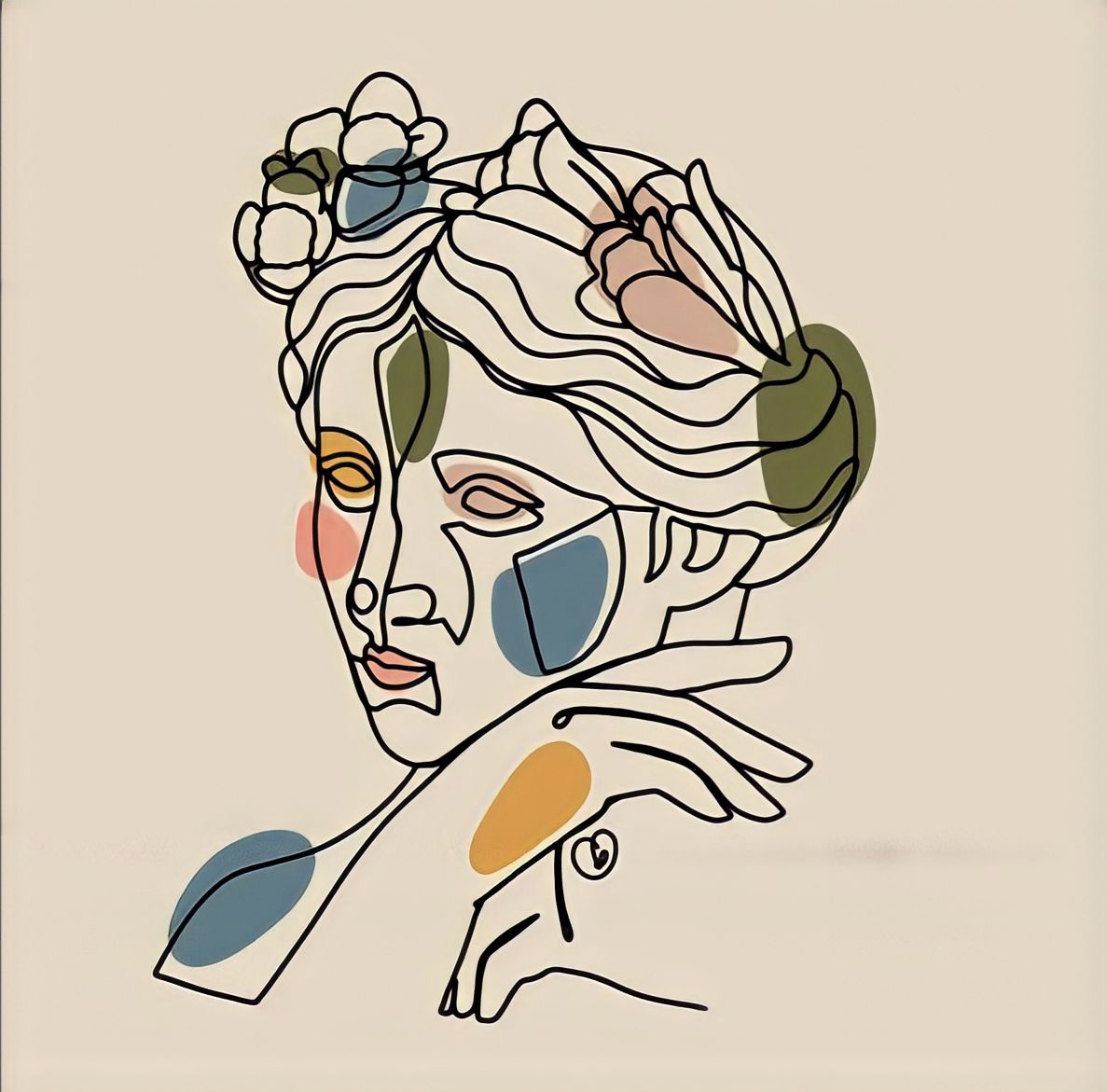This post is also available in: Français (French) العربية (Arabic)
Both marginal and submissive, women’s beauty can trigger bloody wars and they are constantly victims of kidnappings and male violence. Some contemporary authors now rewrite these stories from the point of view of Dido, Circe, Penelope, Calypso, Medea, Cassandra, finally promoted to the rank of protagonists. Irreverent, ironic and profoundly daring, their novels reverse the patriarchal perspective, providing us with a “new antiquity.”
Medea the Healer
Christa Wolf published Medea in 1996 a novel devoted to one of the most controversial figures in Greek literature. The famous tragedy of Euripides, which bears his name, indeed tells the story of a violent and irrational woman.
Betrayed and repudiated by her husband Jason, who wishes to marry the young Glauce to secure the throne, Medea poisons the latter and kills her own children, thus quenching her thirst for revenge.
Wolf completely overturns this version of the myth, which the playwright is said to have manipulated in order to discredit the dark magical world of the barbarians and to clear the inhabitants of Corinth who, according to ancient historiographical sources, are the real culprits of the infanticide.
In doing so, the author recovers fragments that predate the text of Euripides, notably those of Apollonius Rhodius, absolving the tragic heroine of this infamous accusation.
“Over the millennia, the figure of Medea has been completely inverted by a patriarchal need to denigrate the specificity of women,” noted Christa Wolf in an interview with Buchjournal in 1996. “But something didn’t add up: Medea couldn’t have committed an infanticide because a woman from a matriarchal culture would never have killed her own children. I then found - with the collaboration of other researchers - sources that predate Euripides and confirmed my hypothesis. It was an extraordinary moment.”
The female character that emerges from her novel is neither a cruel witch nor a woman capable of infanticide, but a loving mother, a powerful healer, a free and generous woman, holding a deep “knowledge of the body and the earth” that makes her face life with intensity and observe the world with deep empathy.
Proud and transgressive, she is endowed with an intuitive sensitivity that will lead her to denounce the horrible secret hidden in the royal palace of Corinth, where King Creon has killed his eldest daughter Iphinoe for fear that she might rob him.
The inhabitants of the town, who have shown mistrust and intolerance towards her from the beginning, react by first defaming her, then marginalizing her, and finally turning her into a scapegoat responsible for all evils, including the plague.
Yet, she refuses the passive role of the abandoned woman and reacts with courage by continuing to cultivate an emotional dimension through her encounter with the young Cretan sculptor Oistros, the novel’s only literary invention.































